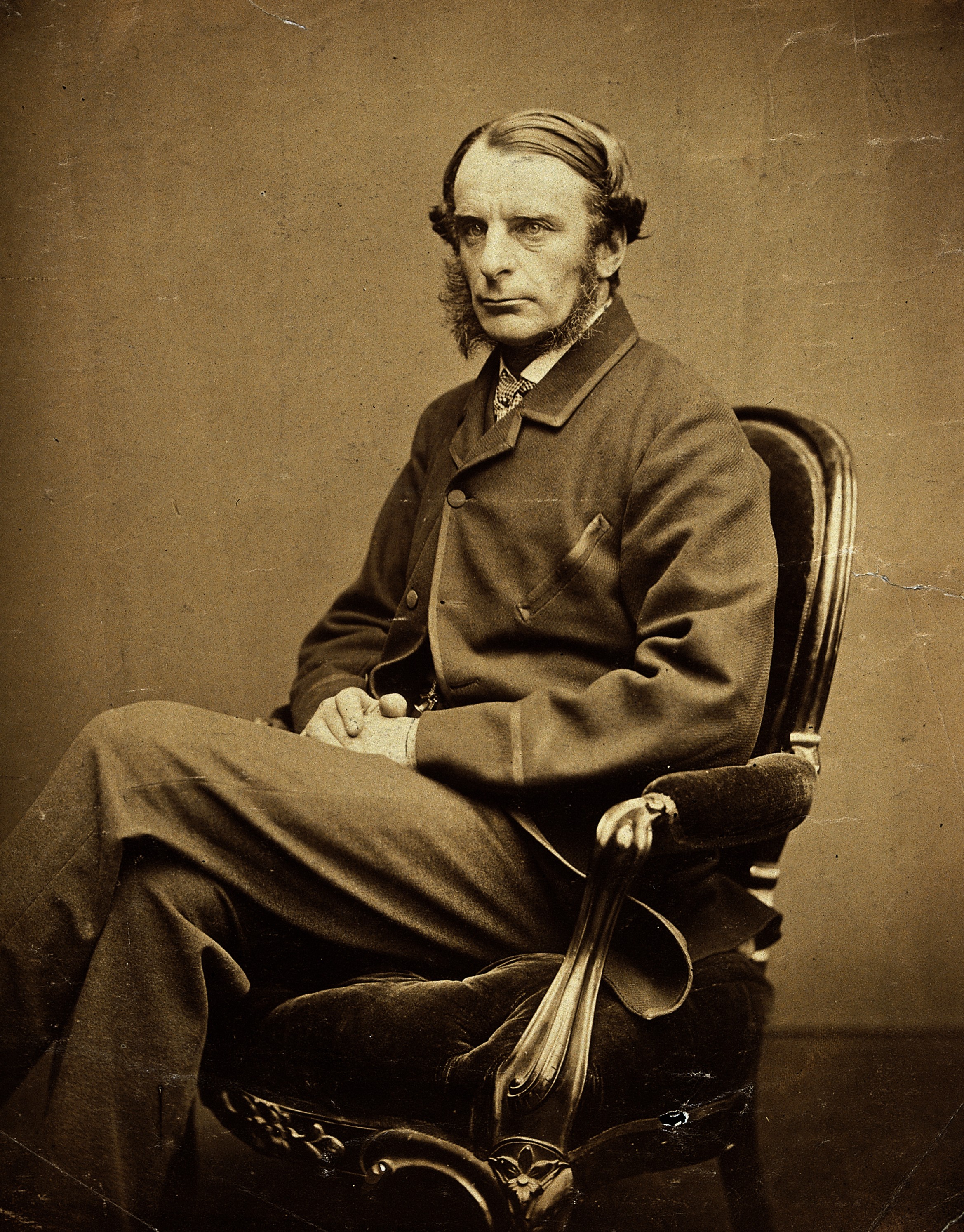Kingsley, Charles (1819-1875), was a famous English author and clergyman. He preached “Christian Socialism,” a religious and political philosophy that urged the Church of England to take an active part in easing social problems. Kingsley’s first two novels, Alton Locke (1850) and Yeast (1851), are examples of the Christian Socialism philosophy. The novels deal with working-class conditions in Victorian England. Kingsley believed in developing a strong body along with a pious spirit. This belief was sometimes called muscular Christianity. Kingsley’s novel Hypatia (1853) shows this attitude.

Westward Ho! (1855), a historical novel full of high adventure, is set in the days of Queen Elizabeth I. The Water Babies, A Fairy Tale for a Land-Baby (1863), written for his son, is a charming fantasy about a young chimney sweep who escapes from his dismal occupation into a marvelous underwater kingdom.
Kingsley was born on June 12, 1819, in Devon. He became a minister in the Church of England in 1842. For a time, he served as chaplain to Queen Victoria. He also taught history at Cambridge University. Kingsley was highly critical of Roman Catholicism. He became involved in a famous controversy with Cardinal John Henry Newman. Kingsley wrote a pamphlet that questioned Newman’s motives and sincerity. This pamphlet led the cardinal to write his well-known autobiography Apologia pro Vita Sua (1864). Kingsley died on Jan. 23, 1875.
